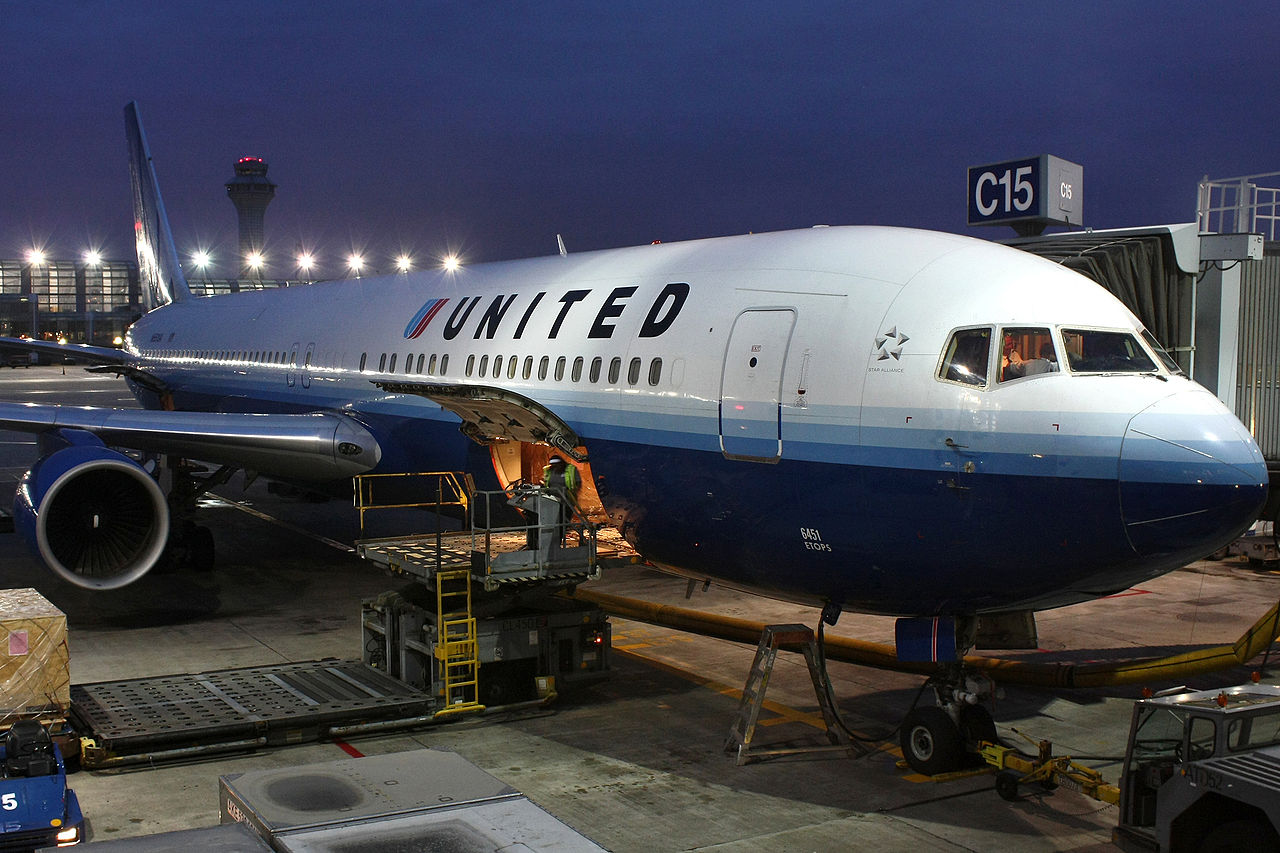
A crisis situation has the power to destroy a company’s reputation, whether it manifests as a negative comment thread on social media or a full-blown public protest that garners national media attention. Effective crisis communications can protect an organization's reputation.
Take the United Airlines fiasco that cost the company more than $250 million. After Dr. David Dao was dragged off a plane bloodied and bruised, the public was quick to criticize United Airlines CEO Oscar Munez, whose initial response criticized Dao – a tactic that quickly backfired.
Time is moving against the company in cases like this. The public and media are waiting for a response and they want it now.
With this in mind, it’s important to be prepared with a comprehensive plan. It’s also critical to engage a communications expert as soon as the crisis occurs to help prevent the situation from getting worse.
Here are five critical steps of crisis communication that B2 advises our clients in crisis to take:
1. Address the issue. It’s important to acknowledge the issue and demonstrate that your company is taking the matter seriously.
2. Show you care. If your company caused the situation, apologize to those affected and make it known that your company is working hard to resolve the issue.
3. Take action. Even if you don’t feel your business was at fault, it’s important to take some action to maintain or restore your company’s reputation.
4. Fix the problem. Do whatever you can to remedy the situation, and at the very least, say what you’re going to do to address it. And focus on how you will be taking steps to make sure the problem doesn’t happen again.
5. Be ready next time. Focus on consistently protecting your company’s reputation and building credibility, which will be your best defense if a crisis occurs. And develop a crisis communications plan that can be put into action on the fly.
